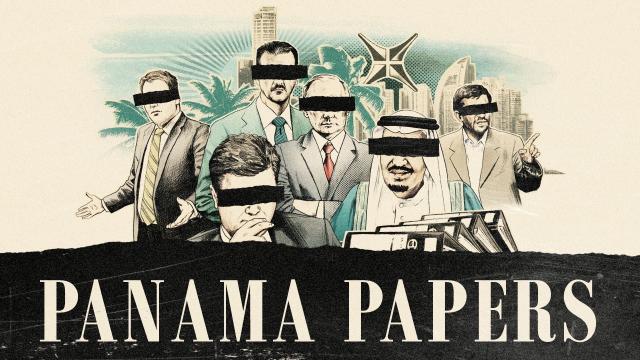
This is the second installment in a two-part series looking at how the City of London leads the way on global tax avoidance. Read the first part here.
The Panama leaks showed how British banks and corporations are foremost in a secretive system that avoids and evades tax. But don't be mistaken: this is symptomatic of far worse crimes, from financing international drug gangs and terrorism to funding North Korea’s nuclear weapons and aiding human trafficking.
The Panama Papers revealed that London is smoking. And where there is thick acrid smoke, there is usually fire.
Financial Corruption
London is so focal in high-level fraud that one of the most serious financial scandals in recent years takes its name directly from the city: LIBOR, or the London Interbank Offered Rate. The LIBOR-rigging scandal was the biggest, all-encompassing, post-2008 scam, carried out by London’s banks and affecting the world financial and commodity markets. With LIBOR, evidence suggest bankers even rigged the British bank bailouts.
London’s HSBC Bank deserves special attention, facing prosecution after money laundering for Mexican drug cartels and terrorists, not to mention its implication in the Swiss tax evasion scandal. Whistleblower Nicholas Wilson also accused the bank of mis-selling to U.K. citizens in a £1 billion fraud carried out through its subsidiary HFC.
London swindles are not unique, nor isolated. Global financial capitals such as New York and Frankfurt host similar frauds. But what makes London different is the degree of British laissez-faire complicity.
U.K. authorities declared the company ICAP to be a "lynchpin" in the LIBOR scandal, but only fined its CEO Michael Spencer a relatively small amount. Interestingly, Spencer was a major Conservative Party donor and former party treasurer. HSBC, too, faced relatively small fines for its role in money laundering and tax evasion. And when the Office for Fair Trading announced that HFC had illegally added charges, it did not censor them. Instead, the next day, the U.K. government made HSBC boss Lord Green its Secretary of State for Trade and Investment. Following suit, HSBC’s Rona Fairhead – whose job it should have been to prevent the money laundering – was fast-tracked by the government to run the BBC.
Many other official appointments deserve further examination, which the mainstream media rarely applies. For instance, Prime Minister David Cameron recently announced Edward Troup, from HMRC, will co-run the Panama Papers investigation. Troup has previously worked for Simmons & Simmons, a law-firm that was advising Blairmore Holdings, the Cameron family’s offshore firm currently under investigation.
Troup’s appointment might not be a blatant form of corruption, but it shows the hazy lines between politician, banker and regulator. Positions are ill-defined due to the constant spin of the revolving door and back-room agreements; the total, systemic corruption is easily larger than the sum of its individual parts. Translation: It would be naïve to suggest that this is about just a few "bad apples." Rather, the City of London is a rotten orchard.
Political Corruption
When politicians make decisions against the public interest, which directly benefits them or their backers, this seems an obvious form of corruption. It also plainly describes the fate of British healthcare and schools. The same could be said of the U.K.'s escalating housing crisis – driven largely for MPs' short-term benefit since nearly one-third of MPs, as fate would have it, are landlords.
The Panama Papers have highlighted how tax evasion is, among other things, facilitating the housing crisis as the super-rich keep their fortunes in London property, registered offshore, which is driving prices out of reach. Of course, Britain is far from alone in having its democracy bought by billionaires; the same theme is inspiring ongoing protests in Washington, DC, and current occupations of Paris city squares.
State Corruption
Another global problem is state corruption, and Britain certainly has its fair share. A key example of this was the mass shredding by Metropolitan Police officers of files relating to police corruption. Institutional failure to effectively investigate sexual violence, deal with institutional racism, or react to deaths in policy custody are other symptoms of state corruption.
Knowledge Corruption
A more subtle, but significant form of corruption in Britain is around information. The phone-hacking scandal that centered around Rupert Murdoch's media empire involved police bribery as phones of politicians, public figures and the victims of high profile crimes were tapped.
Overall, Britain’s press ownership is controlled by five billionaires, who own between 70 and 80 percent of the market. This might explain why Britain is said to have the most right-wing media bias in Europe. The establishment’s grip extends to the BBC; not only is it run by the already mentioned HSBC banker, Ms. Fairhead, but the government can count many friends in leading news editorial positions. For instance, Chancellor George Osborne’s friend, the former Murdoch employer and now head of BBC News, James Harding. A clear impact of this bias is shown by the BBC's recent stage-managed resignation of a junior opposition politician.
Britain’s corrupt media echoes to an ever-tainted academia as well. For example, to substantiate the corporate-government joint plans to frack across the country, the supposed "science"-supporting case has been fully funded by the oil and gas industry.
Historical Injustices
Trying to downplay another chapter of British imperialism, Prime Minister Cameron has said slavery should be forgotten. But like with tax evasion, he has direct family connections to that past. Cameron's number two, Chancellor Osborne, also directly benefited from slavery and the pay-out the British establishment gave itself afterwards. The Osborne family is also heavily engaged in tax avoidance.
So, Britain’s two most senior politicians have family wealth stashed offshore tracing back to slavery. But we shouldn't be that surprised, since the case is illustrative of how past corruption – blood money from imperialism, slavery and genocide – alongside 21st century financial fraud have been well hidden in tax havens like the kind exposed with the Panama leaks.
The marriage of old and new dirty money shows why Britain can be considered the most corrupt country in the world: a title well deserved, with an elite so corrupt that only through sophisticated propaganda has it managed to retain an air of respectability. The Panama Papers show how the British elite’s empire did not end. It just went offshore.
3 WAYS TO SHOW YOUR SUPPORT
- Log in to post comments


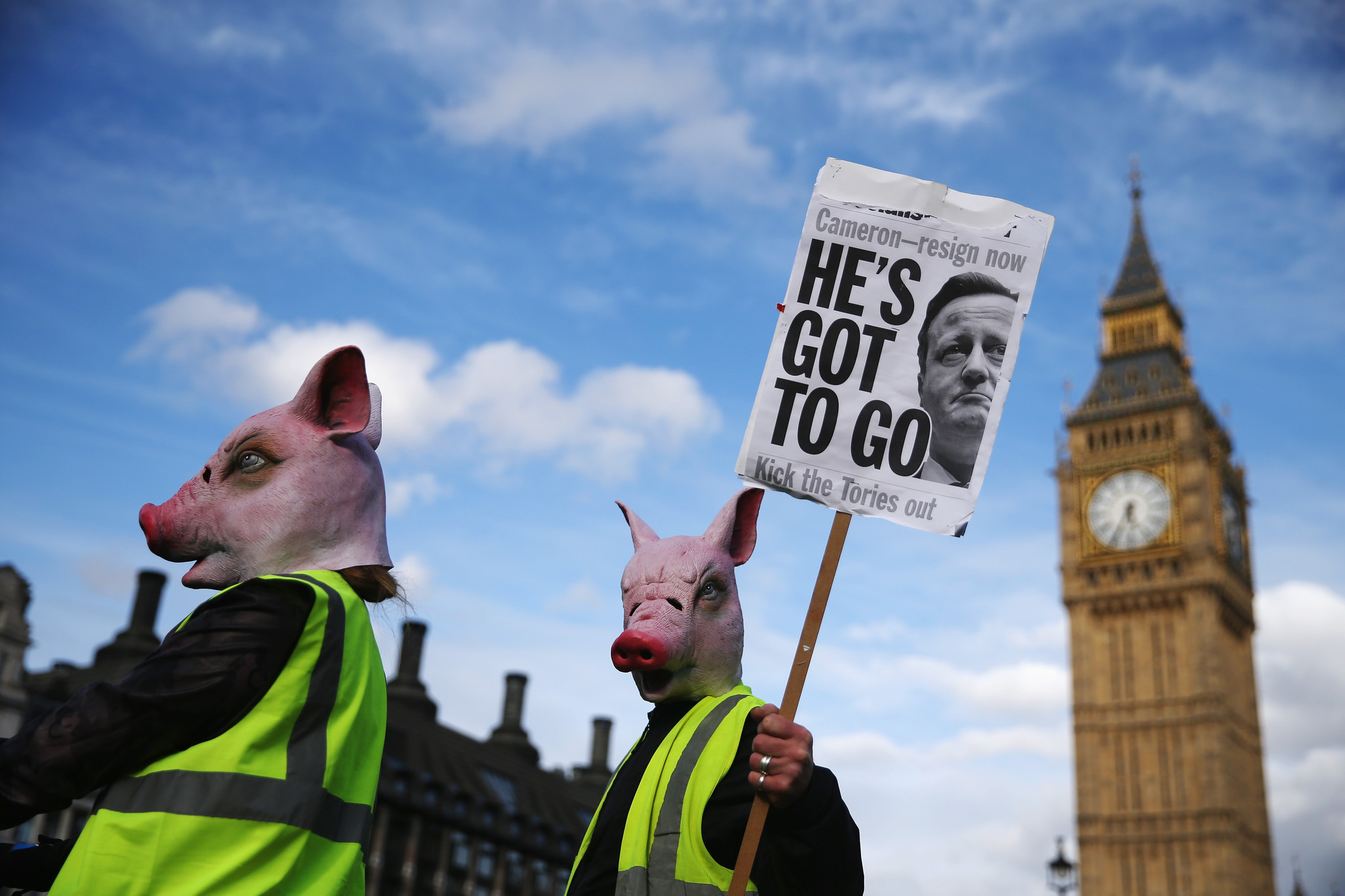
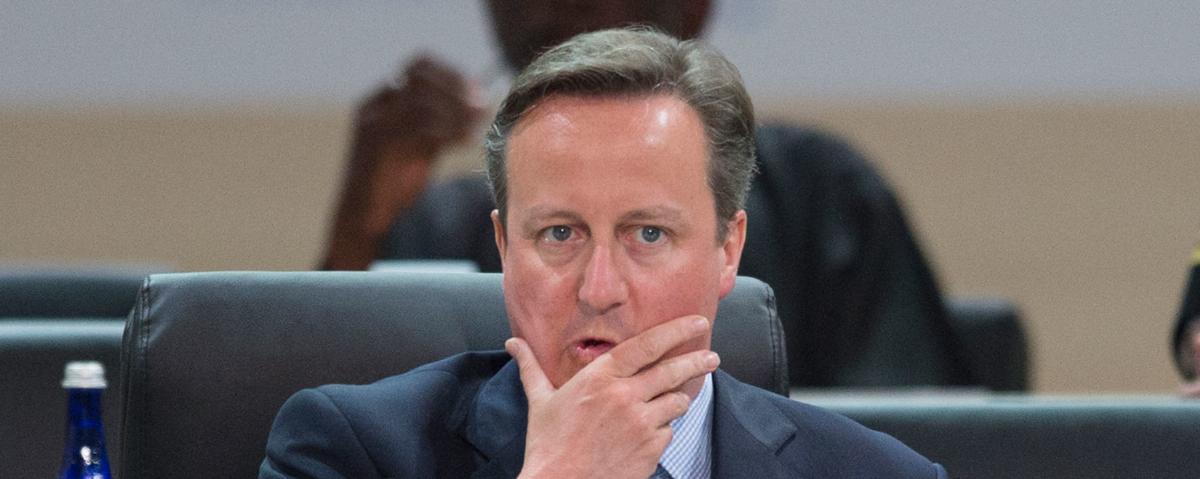
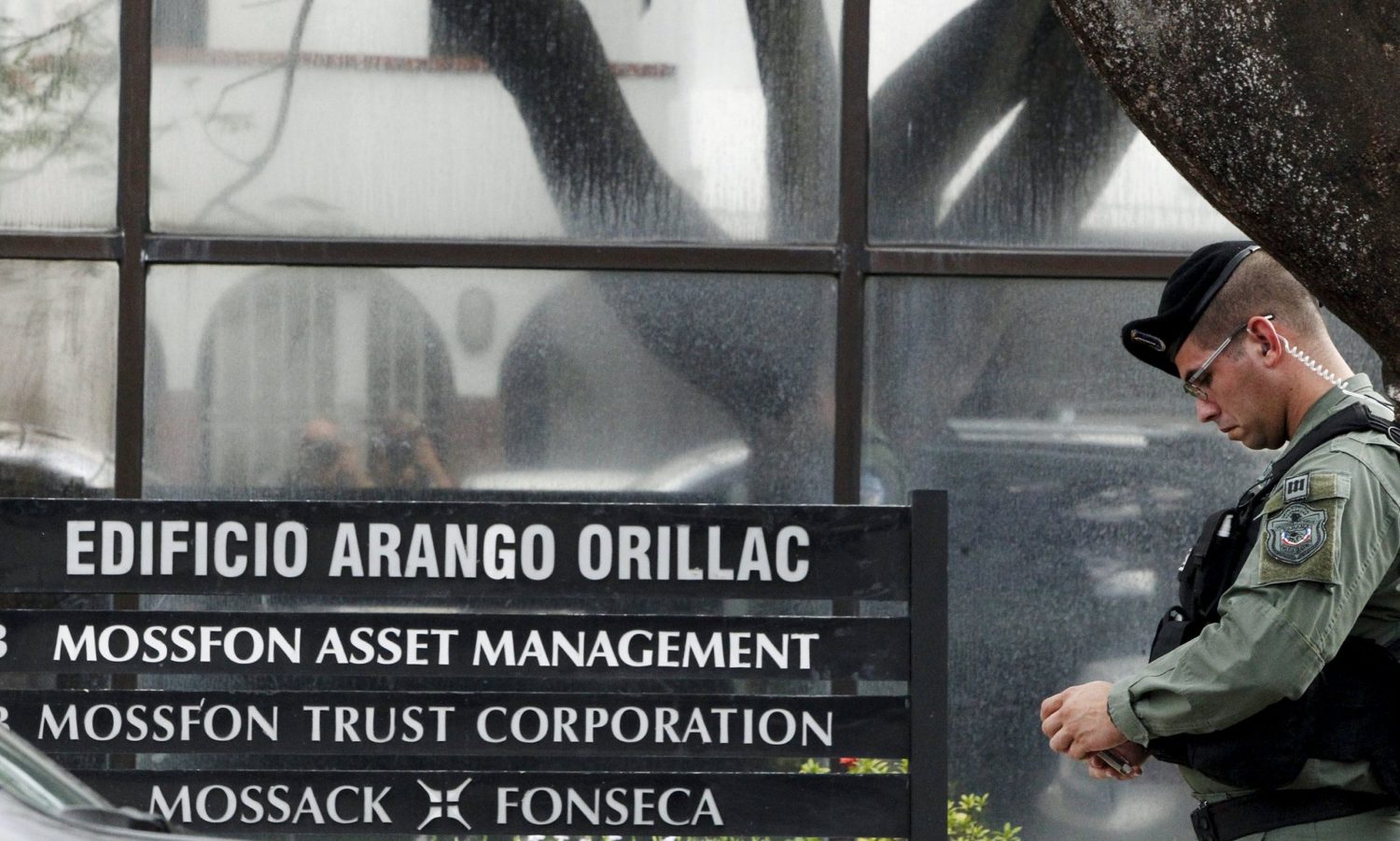
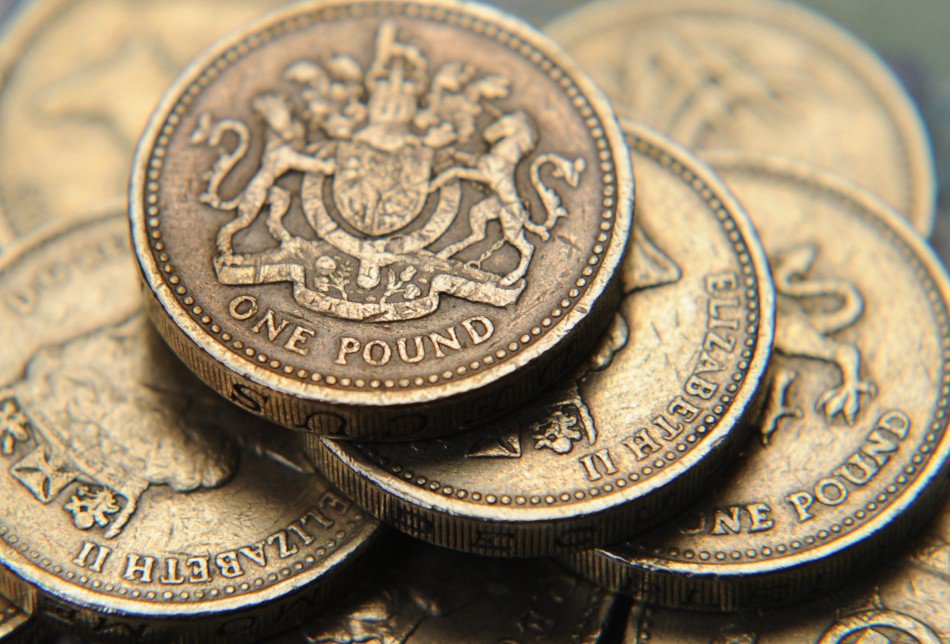
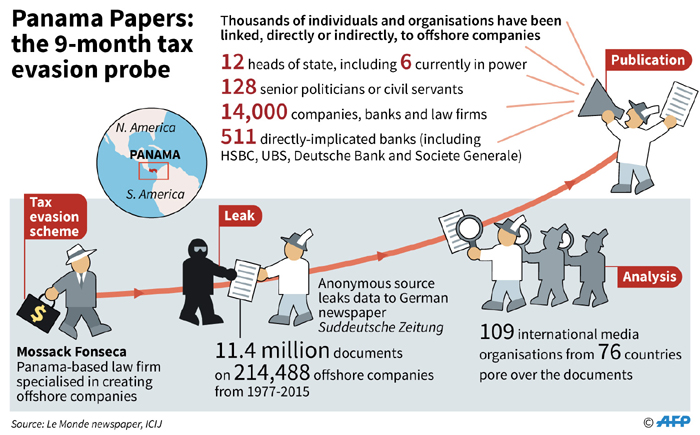











Comments
Jack kevin replied on
Panama
A few nations have propelled charge avoidance tests after a monstrous hole of private records lifted the cover on the dinky seaward monetary dealings of a huge number of government officials and big names. Visit Our Website www.assignmentbay.co.uk/online-papers-for-cheap
WatsonZion replied on
A couple of countries have
A couple of countries have moved charge shirking tests after a huge gap of private records lifted the cover on the dinky toward the ocean fiscal dealings of an enormous number of government authorities and huge names. http://www.researchpapertown.com/researchpaper-editing/